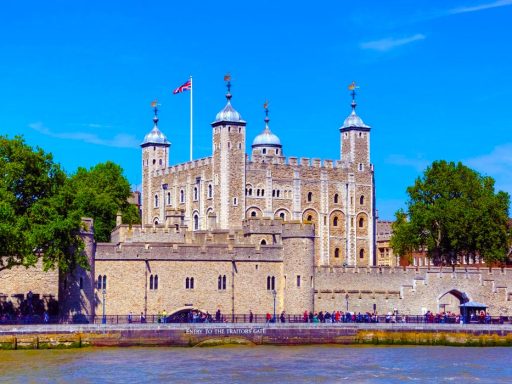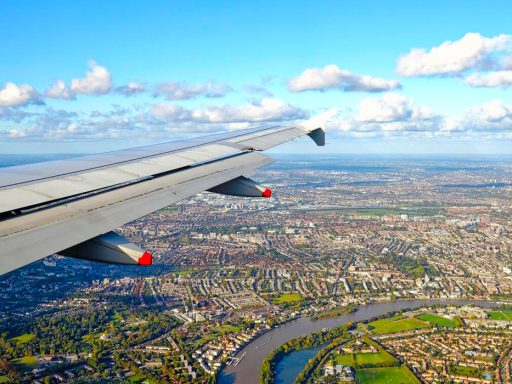Are you dreaming of exploring England without breaking the bank? Finding the cheapest time to visit England can make all the difference, especially considering everything from airfare to accommodations. England’s high season draws millions each year, making prices soar, but by knowing the right travel windows, you can save significantly while enjoying the same iconic sights.
Prices fluctuate due to peak tourist times, school breaks, and local events impacting demand and costs. This article uncovers the best months, ideal booking times, and budget-friendly travel tips to ensure you experience England without stretching your wallet. Prepare to find the cheapest time to visit England and make your British adventure affordable and unforgettable.
Cheapest Time to Go to England in 2025
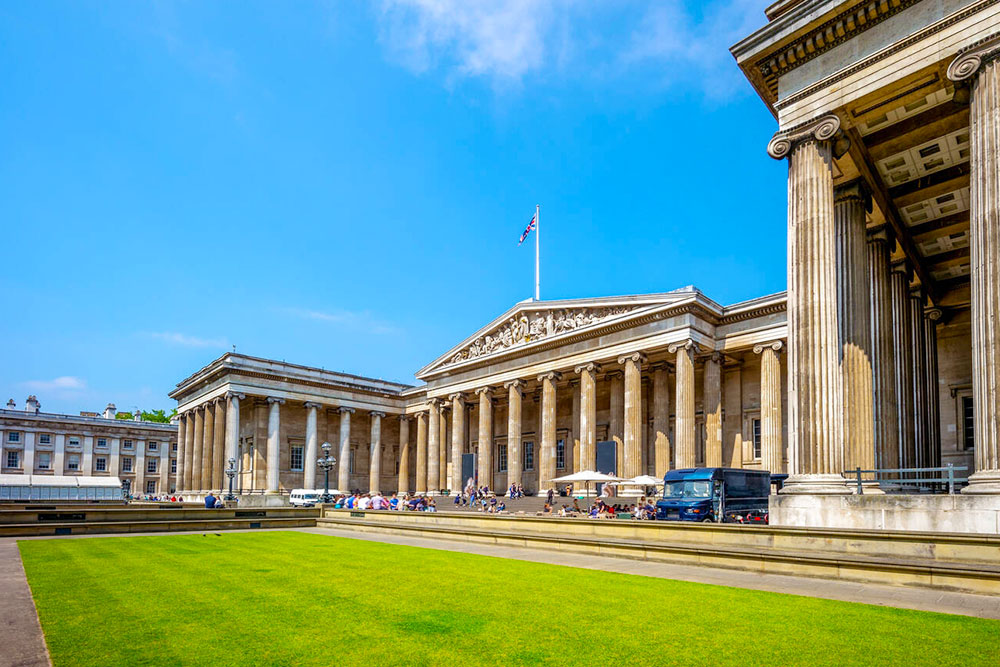
The cheapest time to travel to England is during the off-season, generally from November to March (excluding Christmas and New Year’s). During this time, you can find deals on flights and accommodations. However, remember that some tourist attractions may be closed or have shorter hours of operation during the off-season. Here’s a more detailed breakdown:
- Shoulder Seasons (April-May and September-October): These shoulder months offer a good balance between price and weather. The crowds are smaller than in the peak summer months, and the weather is usually mild.
- Peak Season (June-August): This is the most expensive time to visit England when the weather is at its best, and the crowds are at their largest.
Average Prices of Holidays in England During the Cheapest Time

Pinpointing an exact average price for a holiday in England during the cheapest time is tricky because it depends on several factors:
- Travel style (luxury vs budget): Luxury holidays with fancy hotels, Michelin-starred meals, and private tours will naturally cost more than budget options like hostels, picnics, and public transportation.
- Time of year: Flights and accommodation are most expensive during peak season (summer months and school holidays). Shoulder seasons (spring and fall) and the off-season (winter) are generally cheaper.
- Destination: Popular cities like London will be more expensive than smaller towns or villages.
- Length of stay: The longer you stay, the more you’ll spend, though some hotels may offer discounts for more extended stays.
Here’s a very rough estimate for an average daily budget on a holiday in England during the cheapest time (shoulder season or winter):
- Accommodation: £50-£100 per night (hostel or budget hotel)
- Food: £30-£50 per day (pub lunches, picnics, street food)
- Transportation: £20-£30 per day (public transport passes)
- Activities: Free-£50 per day (museums with free entry, walking tours, browsing shops)
This translates to a total cost of around £100-£200 per day. So, a week-long holiday in England during the cheapest time could cost anywhere from £700-£1400 per person, not including flights.
Pros & Cons of Travel to England During the Cheapest Time
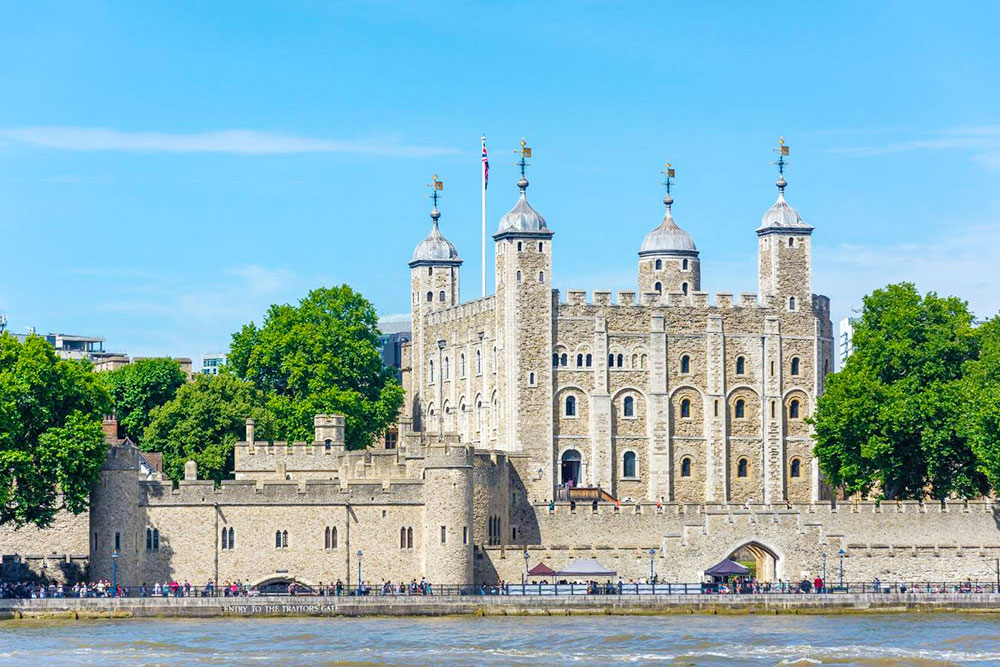
Pros
- Significantly cheaper flights and accommodations: This period offers some of the best travel deals, making England a more budget-friendly destination.
- Fewer crowds: Popular tourist attractions won’t be as packed, allowing you to explore more leisurely and potentially avoid long lines.
- Unique seasonal events: England embraces the winter season with festive Christmas markets and New Year’s celebrations (although these are not in the cheapest timeframe).
- Potential for beautiful winter scenery: Depending on the year, you might encounter snow-dusted landscapes and charming winter scenes.
Cons
- Shorter daylight hours: Days are much shorter during winter, limiting your sightseeing time outdoors. Prepare for earlier sunsets and plan activities accordingly.
- Colder and wetter weather: Expect rain, wind, and colder temperatures. Pack warm clothes and waterproof gear, and be prepared for potential travel disruptions due to weather.
- Limited hours for some attractions: Some tourist attractions might have shorter operating hours or even be closed completely during the off-season.
- Less vibrant atmosphere: Cities and tourist areas might have a quieter and less lively atmosphere compared to peak season.
Cheapest Things to Do in England in 2025

England is filled with amazing sights and experiences, but it can also be expensive. Luckily, plenty of things to see and do in England won’t break the bank. Here are eight of the cheapest things to do in England:
- Explore Free Museums: Many of England’s top museums offer free admission, including the British Museum in London, the National Gallery, the Natural History Museum, and the Tate Modern. These museums offer world-class collections of art, history, and science.
- Take a Walk in a Royal Park: England is full of beautiful royal parks, including Hyde Park, Regent’s Park, and St. James’s Park in London. These parks are a great place to relax, have a picnic, or go for a walk.
- Browse Borough Market: Borough Market is one of London’s oldest and most famous food markets. It’s a great place to try samples of British food from worldwide. While many items here are for purchase, it’s still a fun and free activity to browse the stalls and take in the sights and smells.
- Walk Along the River Thames: The River Thames is a major landmark in London, and there are many free ways to enjoy it. You can walk along the South Bank, take a ferry across the river, or watch the boats go by from one of the many bridges.
- See a Changing of the Guard Ceremony: The Changing of the Guard ceremony is a free tradition outside Buckingham Palace. It’s a great way to see the iconic palace and taste British culture.
- Explore a Historic City: England is full of historic cities with beautiful architecture, such as Bath, Oxford, and York. These cities are great places to wander around, explore the shops, and soak up the atmosphere.
- Hike in a National Park: England has some stunning national parks, such as the Lake District, the Peak District, and the Yorkshire Dales. These parks are great places to go hiking, biking, or enjoy the scenery.
- Visit a Seaside Town: England has a long coastline and many beautiful seaside towns. These towns are great places to relax on the beach, go for a swim, or enjoy some fish and chips.
Additional Tips for Saving Money on Your Trip to England
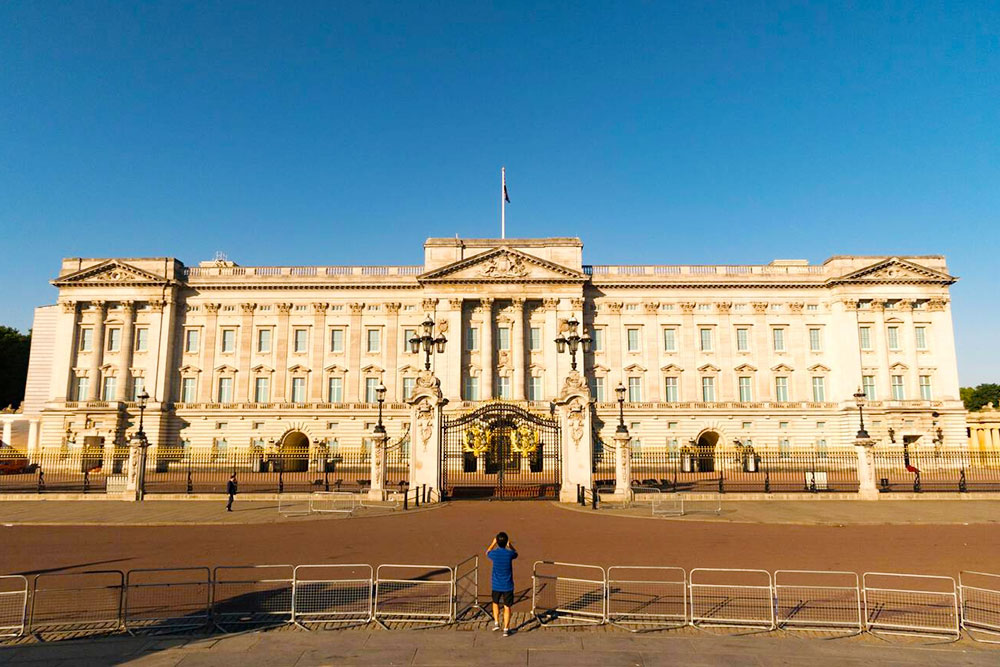
- Be flexible with your travel dates: By being flexible with your travel dates, you may be able to find cheaper flights and accommodations.
- Consider flying into a smaller airport: Major airports in London, like Heathrow, tend to be more expensive than smaller airports in other parts of England.
- Book your flights and accommodations in advance: This will help you to get the best rates.
- Look for deals and discounts: Many websites and travel agents offer deals and discounts on travel to England.
- Get a travel card: If you plan on sightseeing, a travel card can save you money on public transportation.
- Consider staying in a hostel or guesthouse: Hostels and guesthouses are generally cheaper than hotels.
- Cook some of your meals: Eating out can be expensive in England. If you are on a budget, consider cooking some of your meals.
- Take advantage of free activities: There are many free activities to enjoy in England, such as visiting museums, parks, and gardens.
In conclusion, we hope this article has given you practical insights into finding the cheapest times to visit England and strategies for booking flights and accommodations on a budget.
If you have any questions or want to share travel tips or experiences, leave comment below! We’d love to hear from you and help you make the most of your trip.
Share this BlogFrequently Asked Questions
To find cheap flights to England, consider booking several months in advance, flying mid-week, and using fare comparison websites. Flexibility with travel dates can also help you snag the best deals.
Yes, there are many budget-friendly options including hostels, budget hotels, and Airbnb rentals. Booking in advance and staying outside of major cities can also reduce costs.
Many museums in England offer free entry, including the British Museum and the National Gallery in London. Additionally, exploring parks, historical sites, and local markets can be both enjoyable and budget-friendly.
Travel costs are generally lower in winter when the weather is colder and less predictable. Conversely, summer and school holidays see higher prices due to increased demand.





